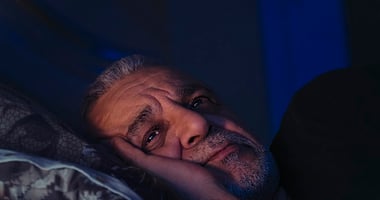Far more Medicare patients take insomnia medications than are actually diagnosed with insomnia by a...
What's Best for Depression: Single Drug Or a Combination?
|
Shutterstock/Dalibor
|
The researchers found that remission and response rates were not significantly different at either 12 weeks or seven months after the start of the study, and the same held true for quality-of-life and social-adjustment measures. Both of the combination treatments led to more side effects than did monotherapy. The researchers concluded that combinations of SSRI antidepressants offered no advantages as first-line treatments.
Read more about this study in Psychiatric News, at http://pn.psychiatryonline.org/content/46/13/23.2.full.





